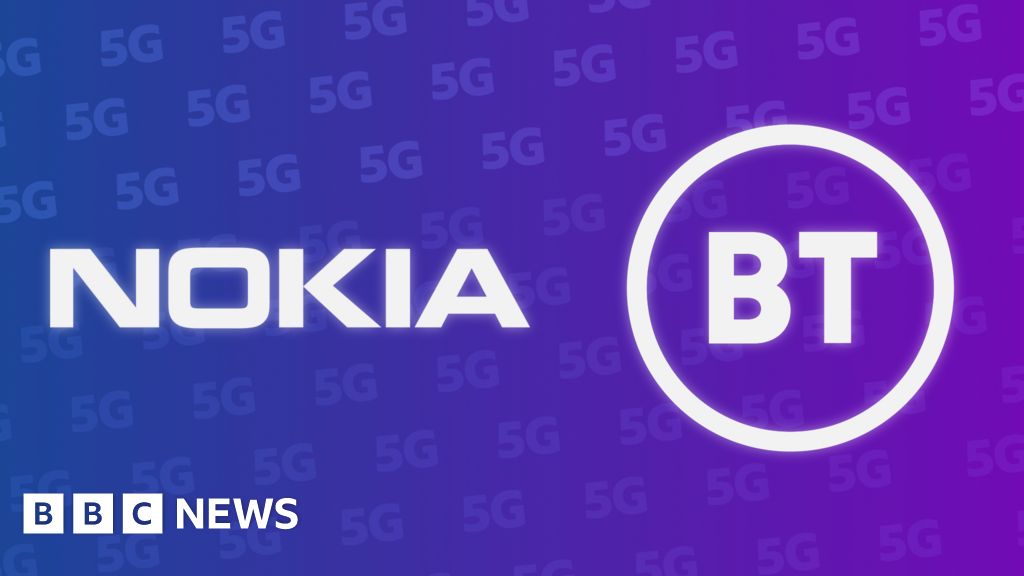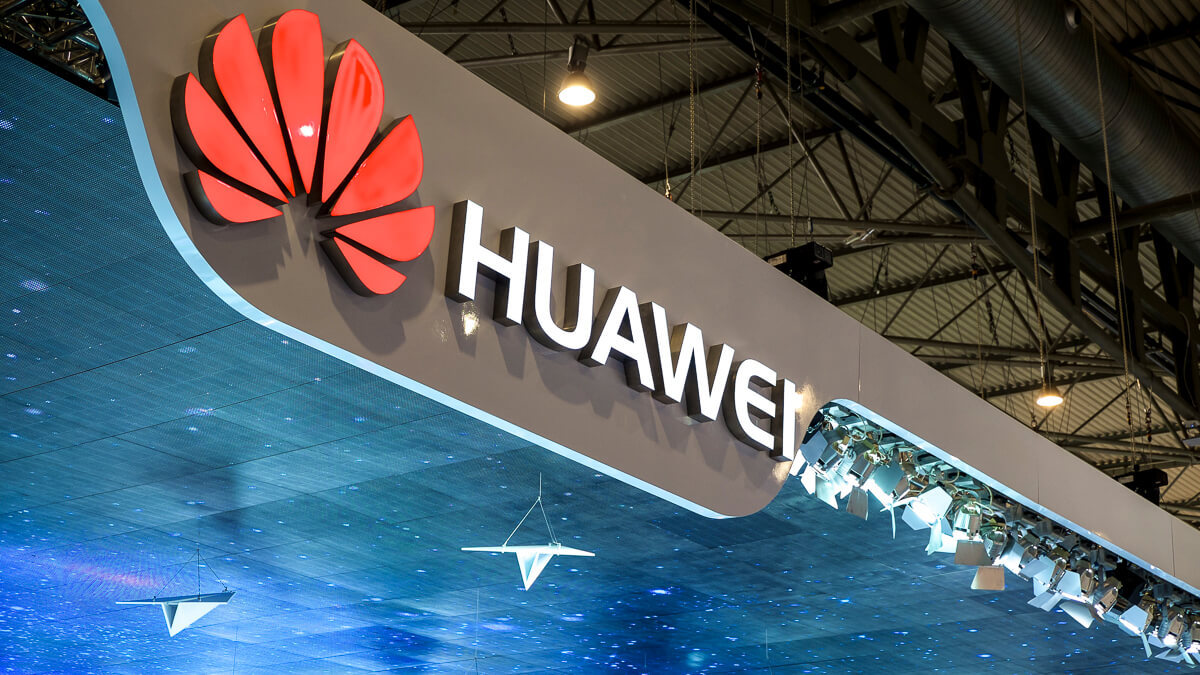
FOX Business’ Charlie Gasparino gives updates on the Department of Justice’s lawsuit against Google and the potential TikTok deal.
China is readying to launch an anti-trust investigation into Google amid allegations the American search engine leverages its dominance on the Android mobile operating system to eliminate competition, according to a report published on Wednesday.
Continue Reading Below
Huawei Technologies Co., Ltd., the Chinese telecom giant headquartered in Shenzhen, Guangdong, initiated the complaint last year, which was submitted by China’s top market regulator, the State Administration for Market Regulation, to the State Council’s anti-trust committee for review, Reuters reported, citing two sources who declined to be identified.
U.S. TIGHTENS EXPORTS TO CHINA'S CHIPMAKER SMIC, CITING RISK OF MILITARY USE
A decision to move forward with a formal investigation into Google, which is operated by its parent company Alphabet Inc., could come as early as October, one of the sources said. The probe also could be affected by the relationship between China and the United States at the time.
President Trump has consistently ramped up pressure on China since first launching a trade war in 2018 and restricting Huawei on national security grounds. His administration threatened similar restrictions against Semiconductor Manufacturing International Corp 0981.HK and ordered TikTok owner ByteDance to divest the short-form video app.
The potential investigation conducted by China would also explore accusations that Google’s market position could cause “extreme damage” to Chinese companies like Huawei, leading to loss of confidence and revenue, a source said.
US HOUSE JUDICIARY ANTITRUST REPORT LIKELY TO COME OUT AS SOON AS MONDAY OCTOBER 5: REPORT
Despite Huawei being blacklisted by U.S. trade regulators, Google had a temporary license allowing the search engine to provide technical support to new Huawei phone models and access to Google Mobile Services, the developer services bundle upon which most Android apps are based, according to Reuters. The license expired in August.
Just this year, the U.S. has imposed new restrictions on Chinese diplomats and journalists; closed the Chinese consulate in Houston, and repeatedly criticized China on multiple fronts, from its handling of the coronavirus to its military moves in the South China Sea and its human rights record in Hong Kong and the Xinjiang region, home to largely Muslim ethnic groups.
China has rebuked the U.S. and taken parallel measures, including the closing of a U.S. consulate in the southwestern city of Chengdu. With almost daily heated exchanges, Chinese Foreign Minister Wang Yi has said that ties face their gravest challenge since the normalization of relations in 1979.
GET FOX BUSINESS ON THE GO BY CLICKING HERE
Meanwhile, a report compiled by the U.S. House of Representatives Judiciary Committee's antitrust subcommittee into antitrust allegations against Alphabet's Google, as well as Amazon.com Inc., Facebook Inc., and Apple is expected to come as soon as next Monday.
The four of America's largest tech companies have a combined market value of about $5 trillion.
CLICK HERE TO READ MORE ON FOX BUSINESS
The Associated Press contributed to this report.
The Link LonkOctober 01, 2020 at 12:06AM
https://ift.tt/3joV9Gk
China readies antitrust investigation into Google year after Huawei complaint: report - Fox Business
https://ift.tt/3eIwkCL
Huawei
















